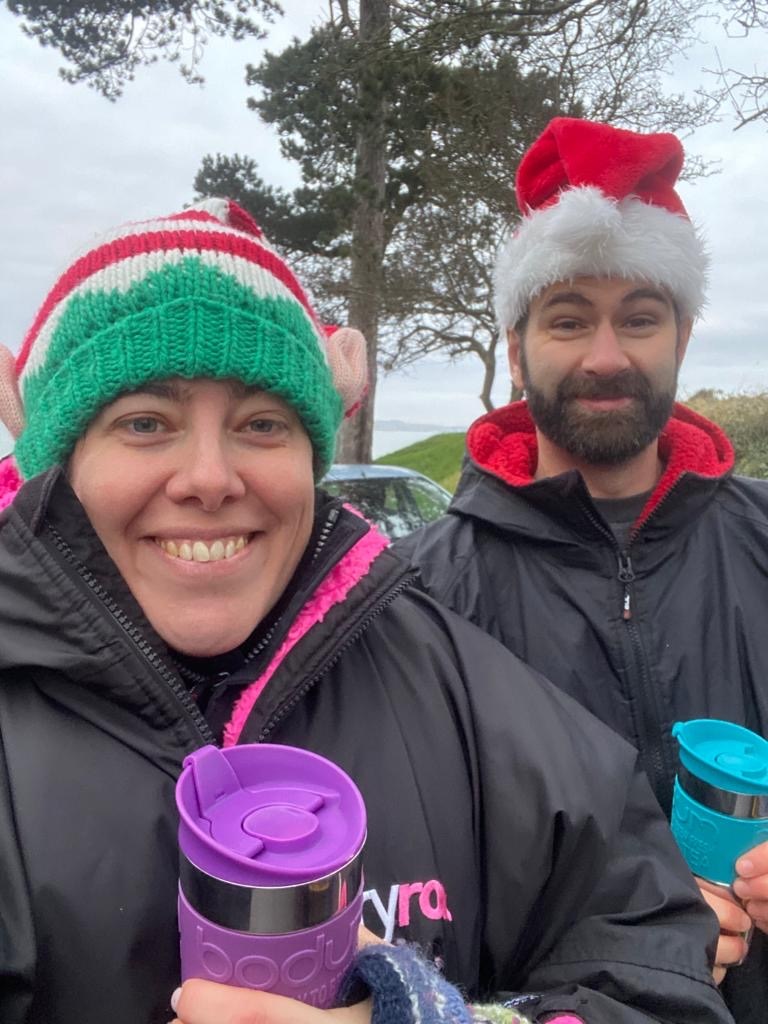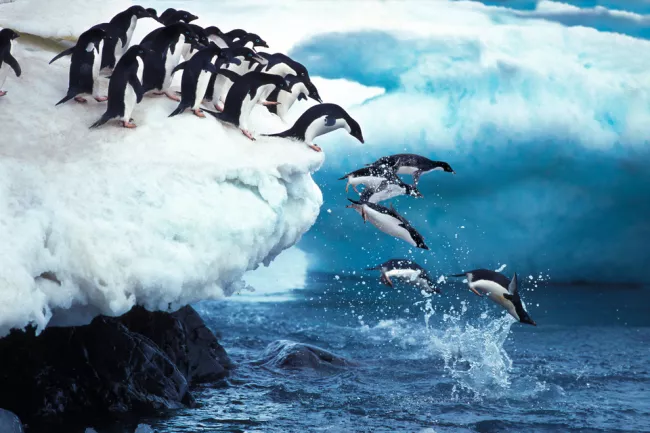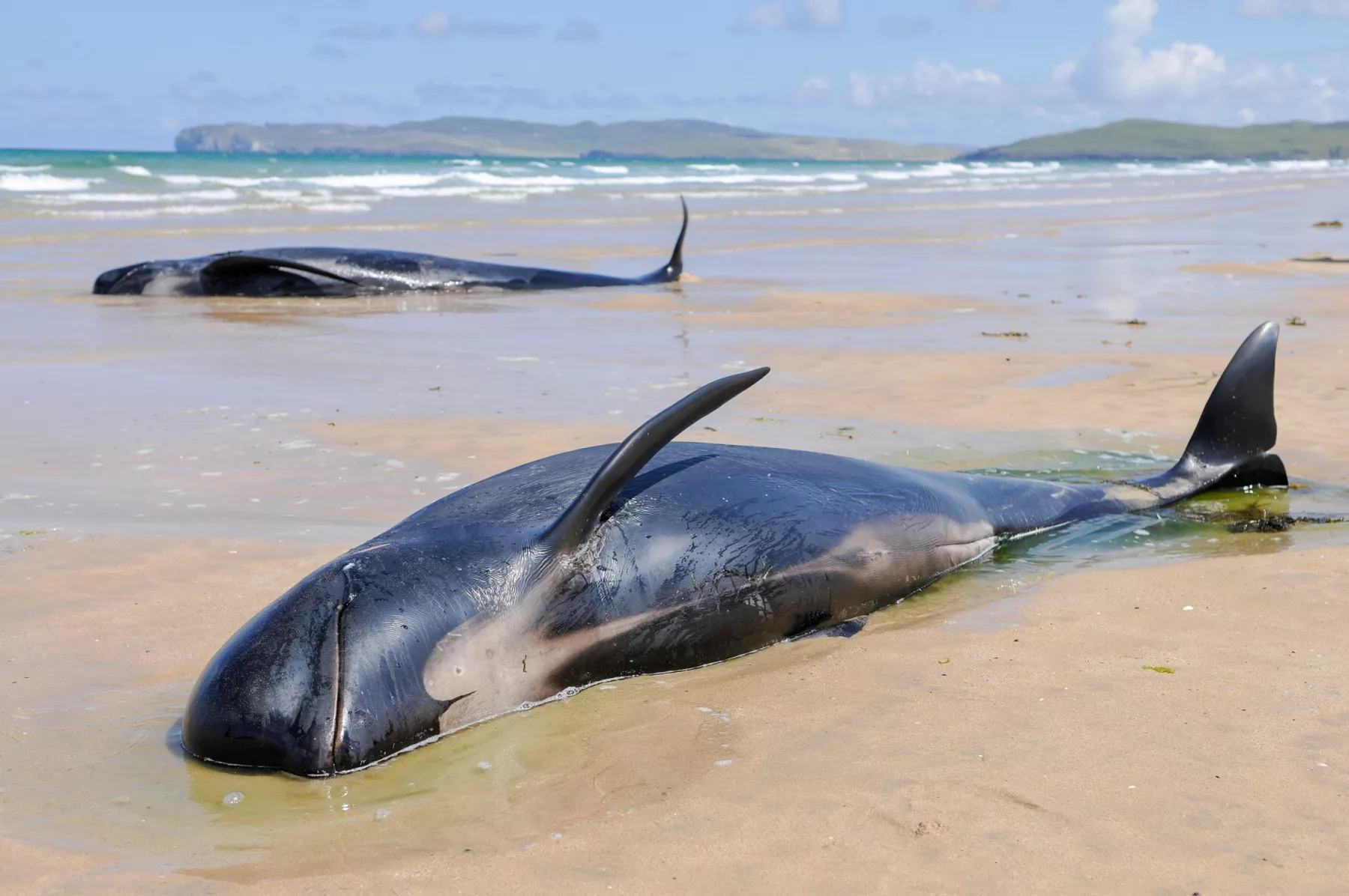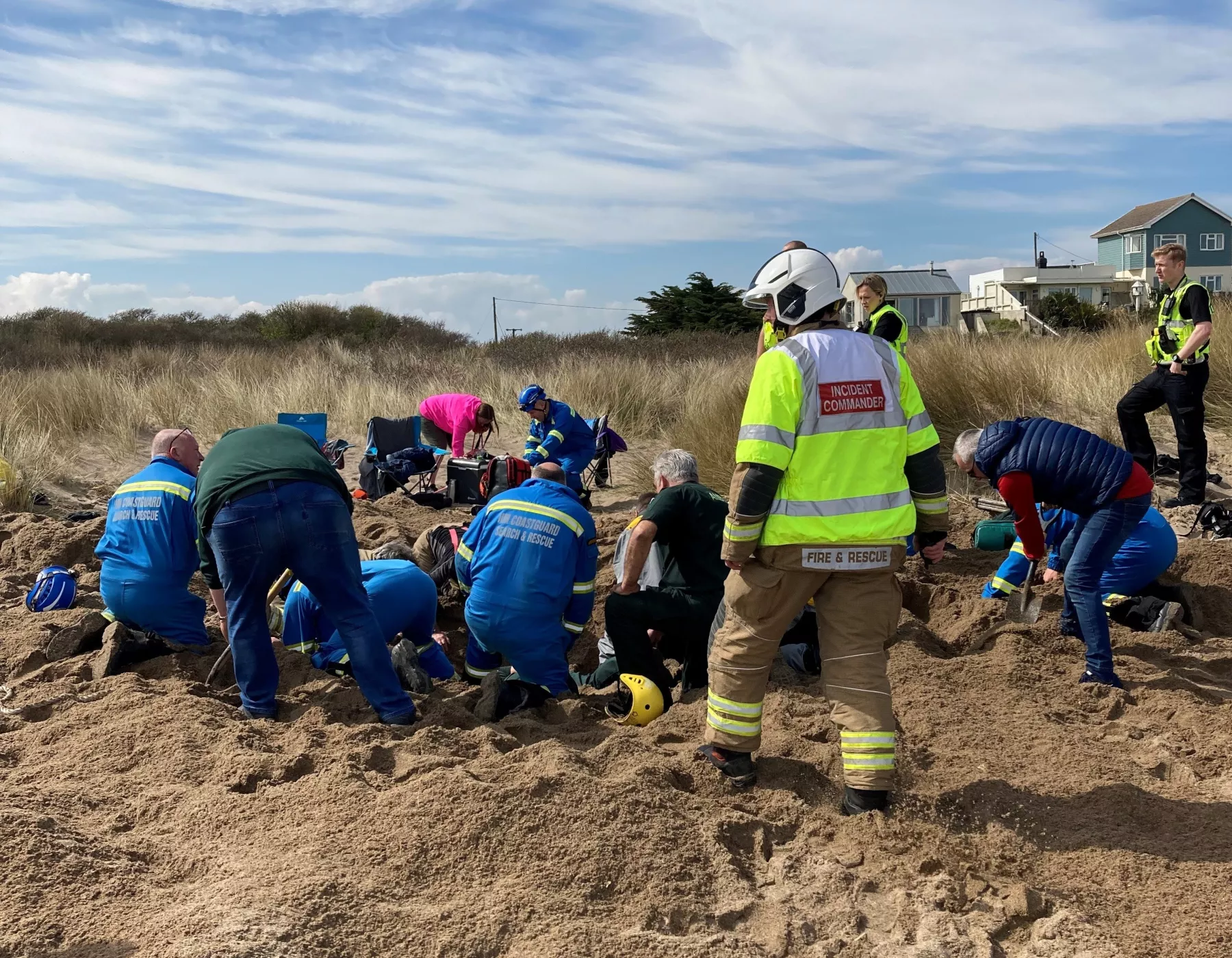Along with turkey, mince pies and crackers, a festive swim is what helps make Christmas special. But as many organised events with safety marshalls are being called off again this year, if you’re able to set out for bracing dip, do take extra precautions to avoid being caught out.
Risk of cold water shock
Winter sea temperatures around the UK vary depending on the location and preceding weather conditions but you can expect the water temperature to be 6-12°C so there’s a high risk of cold water shock.
Bev Allen, MRCC (Marine Rescue Coordination Centre) Commander for HM Coastguard said:
“We’re asking everyone planning a dip to take extra care, be risk aware and stay safe by following some simple safety tips. Ensure you have the right kit such as a phone, wetsuit, bright swim cap and tow float and acclimatise yourself slowly.
“Sea swimming at this time of year is certainly chilly but still fun and we want everyone brave enough to have a dip to minimise the risks and enjoy it safely. Cold water shock is always possible when the water temperature is 15°C and below. It can affect anyone, no matter how fit or experienced and it causes an involuntary panic response in the body, making people gasp for breath, with the potential risk of drowning or even a stroke or heart attack.”

Picture credit: Lana Williams
Top safety tips for cold-water dippers and open-water swimmers:
- take the right kit
- take your mobile phone in a waterproof pouch
- wearing a wetsuit will help increase your buoyancy and reduce the chances of suffering cold water shock
- don’t swim alone
- be seen – wear a brightly coloured swim cap and consider using a tow float
- check the weather forecast and tide times
- ensure you have warm clothes for before and after your dip
- acclimatise to the water temperature slowly – never jump straight in
- stay in your depth and know your limits
- if you get into trouble, remember FLOAT to live by leaning back in the water, extend your arms and legs, and resist the urge to thrash around to gain control of your breathing
- if in doubt, stay out – there’s always another day to go for a swim
If you see anyone in difficulty at the sea or along the coast, please call 999 and ask for the Coastguard. We’re on call 24/7 all year round.
Useful links
RNLI swim safety video with Nick and Liam
RLSS (Royal Life Saving Society) Cold Water Shock, The Facts



